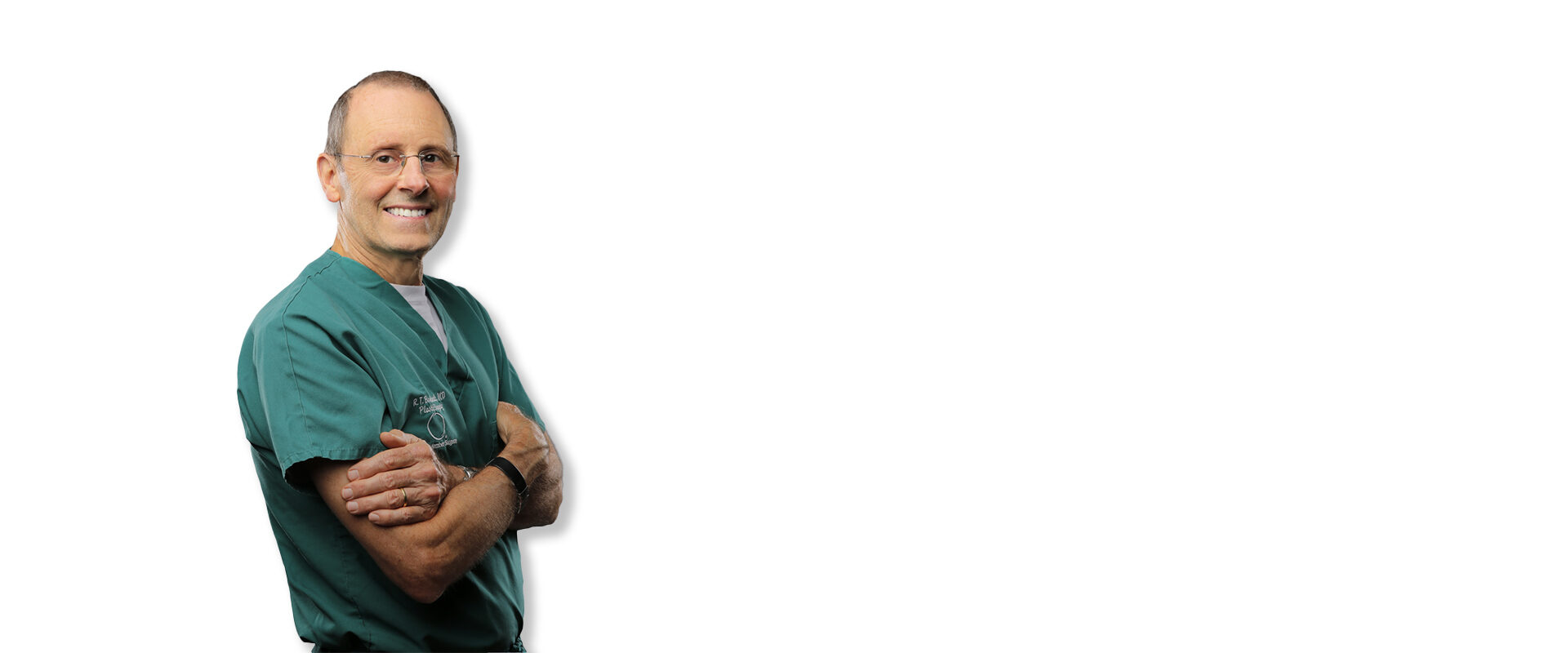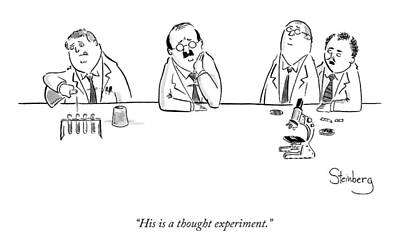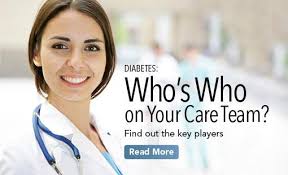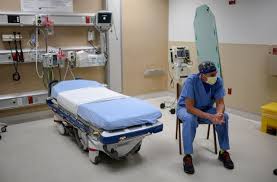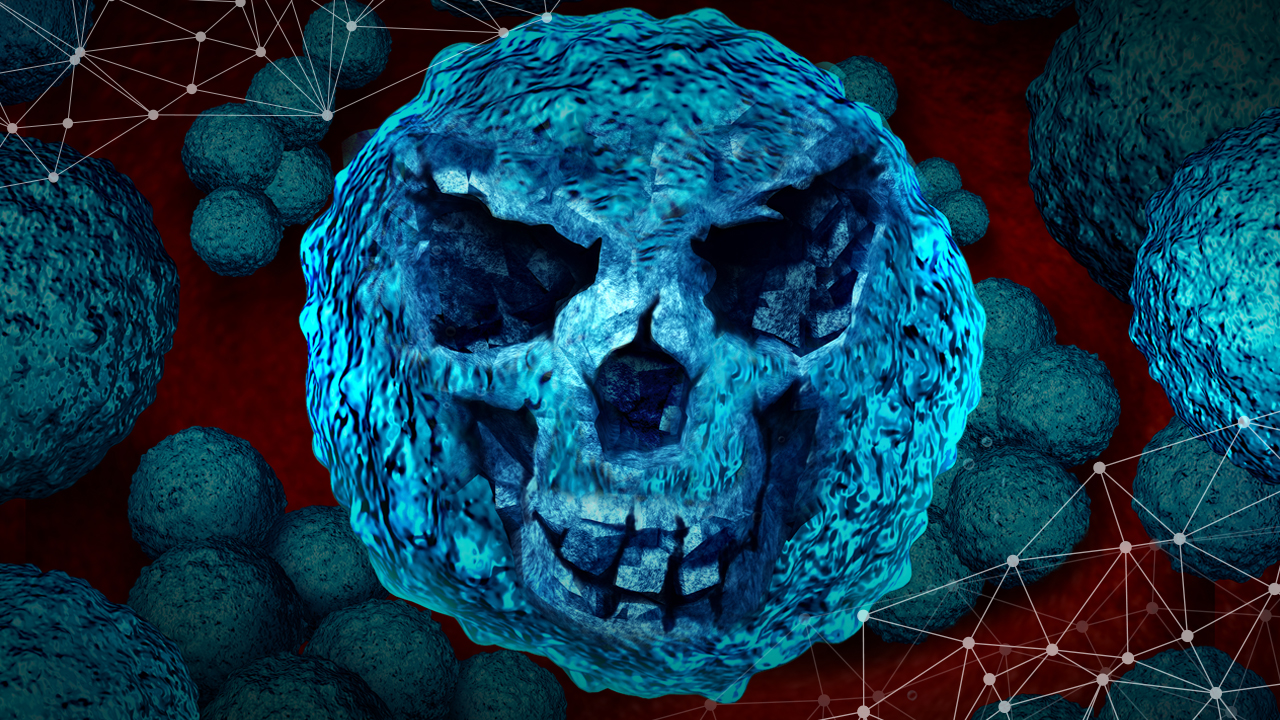
I have repeatedly said that to understand the numbers in discussing the Wuhan virus, you have to understand the context. What this means is that just giving out total numbers of cases, hospitalizations, and even deaths must be clearly understood in their proper context to be meaningful.
I have long felt that that the numbers have been misused and inflated/deflated depending on the agenda of whoever is reporting them. We have used them to justify the national lock down, promote unheard of policies like shutting down businesses, universal social distancing, and mask wearing for all. Never has an entire population of healthy individuals been quarantined or an economy shutdown to this degree for a viral epidemic. This did not happen with H1N1 in 2009, which infected between 700,000 and 1.4 billion people and killed between 150,000 and 575,000 people worldwide over 9 months. The wide range reflects the difficulty in getting good numbers, just as with Covid-19, because these depend on the reporting criteria, testing, etc.
The latest “bombshell” is the CDC statement that only 6% of deaths have been purely from Covid-19, or around 9500 persons. All of the rest have listed co-morbidities in the cause of death. These are other medical conditions in addition to Covid that contributed to death. On the surface, this might be seen as cause for celebration and people like me, who have feel we have overreacted to this virus, should be declaring “I told you so”, but you have to understand this number before you jump with glee.
